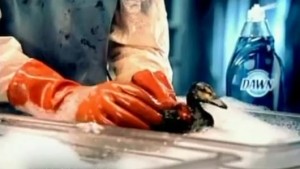We all have been told that cranberries help with urinary tract infections, but until now the mechanism and understanding of “why” has not been properly understood.
Researchers at McGill University’s Department of Chemical Engineering are shedding light on the biological mechanisms by which cranberries may impart protective properties against urinary tract and other infections. Two new studies, spearheaded by Prof. Nathalie Tufenkji, add to evidence of cranberries’ effects on UTI- causing bacteria.
Key Scientific Findings – Cranberry’s and Urinary Tract Infections
Overall, the research results led by Professor Tufenkji and published in the Canadian Journal of Microbiology demonstrated:
1) Cranberry powder can inhibit the ability of Proteus mirabilis, a bacterium frequently implicated in complicated UTI’s, to swarm on agar plates and swim within the agar
2) Increasing concentrations of cranberry powder reduce the bacteria’s production of urease, an enzyme that contributes to the virulence of infections.
Cranberry’s and Bacteria Inhibition In Medical Devices – Cutting Edge New Research
The findings of this work also point to the potential for cranberry derivatives to be used to prevent bacterial colonization in medical devices such as catheters. In fact, Dr. Tufenkji conducted a joint study with McGill’s processor Dr. Nazhat (a biomaterials expert) and they found that cranberry-enriched silicone substrates (note: silicone is often used in medical catheters and tubing) impaired the spread of Proteus Mirabilis bacteria. The results were published online in the Journal of Colloids and Surfaces B: Biointerfaces which point to potential uses for cranberry derivatives to hinder the spread of germs in implantable medical devices such as catheters that are frequently implicated in Urinary Tract Infections. This could also help with keeping bacteria under control at hospitals.
So why is important? Aren’t Urinary Infections Treated With Antibiotics?
Well, according to Dr. Tufenkji, “more than 150 million cases of UTI are reported globally each year, and antibiotic treatment remains the standard approach for managing these infections. The current rise of bacterial resistance to antibiotics underscores the importance of developing another approach.”



